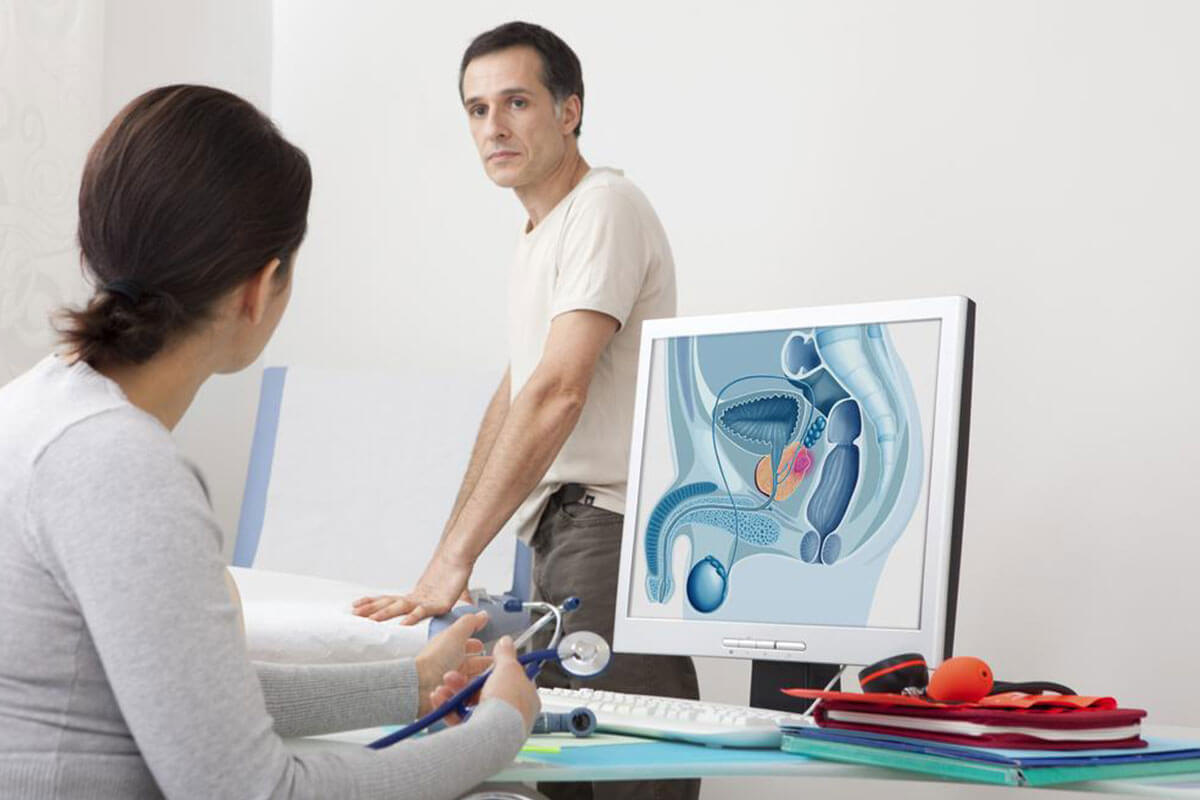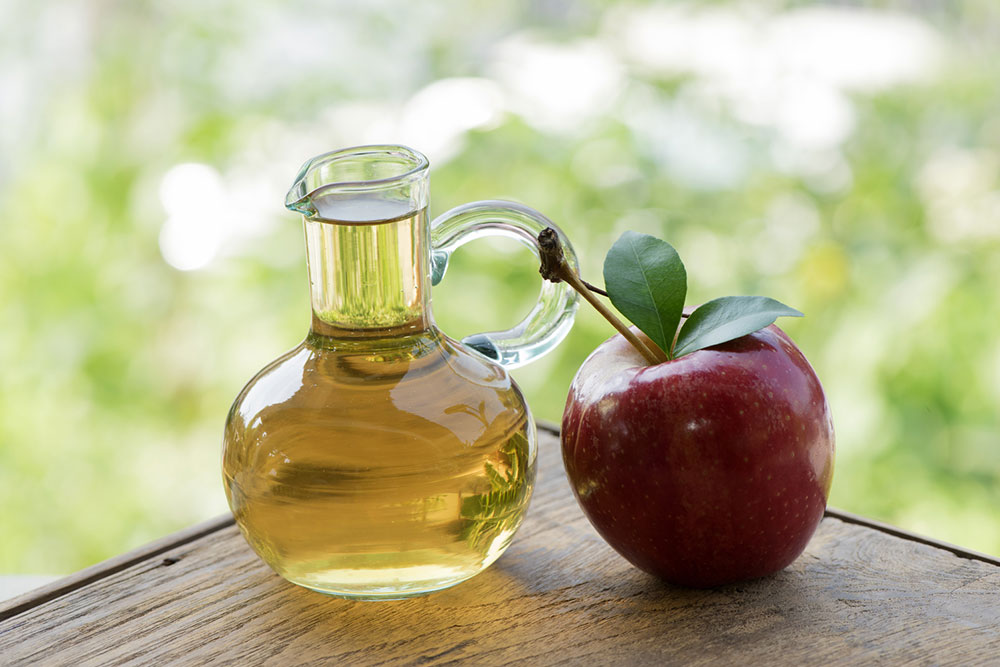Comprehensive Guide to Natural and Medical Treatments for Enlarged Prostate Relief
This comprehensive guide explores natural, medical, and lifestyle strategies for managing enlarged prostate symptoms. From herbal supplements to surgical options, learn how to improve prostate health effectively and safely. Early intervention can greatly enhance quality of life for men affected by BPH.

Comprehensive Guide to Natural and Medical Treatments for Enlarged Prostate Relief
The condition of an enlarged prostate, medically known as benign prostatic hyperplasia (BPH), is a common concern among men, particularly those aged 40 and above. This condition involves the abnormal growth of prostate tissue, which can lead to uncomfortable urinary symptoms and affect overall quality of life. Understanding the causes, symptoms, and available treatment options is essential for effective management. From natural remedies to pharmaceutical interventions and lifestyle modifications, a variety of strategies can help alleviate the symptoms and improve prostate health.
Understanding Enlarged Prostate and Its Symptoms: The prostate gland, a walnut-sized organ located below the bladder, surrounds the urethra—the tube responsible for carrying urine from the bladder out of the body. As men age, hormonal changes, particularly fluctuations in testosterone and dihydrotestosterone (DHT), can lead to prostate tissue proliferation. This enlargement can constrict the urethra, causing various urinary problems. Common symptoms include increased frequency of urination, especially at night (nocturia), weak urine flow, difficulty starting urination, a feeling of incomplete bladder emptying, and sometimes pain or discomfort during urination. In severe cases, urinary retention may occur, requiring medical intervention.
Causes and Risk Factors: The exact cause of prostate enlargement is not fully understood, but hormonal imbalances with age play a significant role. Other contributing factors include genetic predisposition, obesity, lack of physical activity, cardiovascular health issues, and lifestyle choices such as diet and alcohol consumption. Family history of prostate problems can increase risk, and certain medical conditions like diabetes may also contribute.
Natural Remedies for Prostate Health: Many men seek natural and herbal solutions to manage symptoms and support prostate health. Among the most popular herbal supplements is saw palmetto extract, which has been used for centuries to promote urinary function and reduce prostate inflammation. Studies suggest that saw palmetto can help alleviate symptoms like frequent urination and nocturia without significant side effects. Nettle root extract and ryegrass pollen extract are other herbal options that may reduce prostate swelling, improve bladder flow, and ease urinary discomfort.
A balanced diet plays a crucial role in maintaining prostate health. Consuming foods rich in zinc, such as nuts, seeds, and seafood, supports prostate function. Vitamin C-rich foods like citrus fruits, berries, and leafy greens may also help reduce inflammation. Moderation in alcohol intake and reducing the consumption of processed vegetables and high-fat foods can further promote optimal prostate health.
Medical Treatments and Pharmacological Options: When natural remedies are insufficient, pharmaceutical options are available. Alpha blockers, including tamsulosin and alfuzosin, work by relaxing the smooth muscles around the prostate and urethra, providing rapid symptom relief. These medications typically improve urinary flow within days to weeks. Finasteride and dutasteride belong to the class of 5-alpha reductase inhibitors, which help shrink the prostate gland over a period of 6-12 months by blocking DHT formation—a hormone responsible for prostate growth. While effective, these medications may cause side effects like decreased libido, erectile dysfunction, and ejaculation issues.
Other medications may combine alpha blockers and 5-alpha inhibitors to optimize results. It’s essential for patients to discuss potential side effects and treatment duration with their healthcare provider to choose the most suitable approach.
Lifestyle Modifications to Support Prostate Health: In addition to medicinal and herbal options, lifestyle changes can significantly impact prostate health. Regular physical activity, such as aerobic exercises, helps improve cardiovascular health, maintain a healthy weight, and reduce inflammation. Obesity is associated with increased risk of prostate enlargement and related complications. Maintaining a healthy weight through balanced diet and exercise can delay or prevent the progression of BPH.
Stress management and avoiding smoking are also beneficial. Limiting caffeine and alcohol intake can decrease urinary frequency and irritation. Engaging in pelvic floor exercises, like Kegel exercises, may strengthen bladder control and reduce symptoms. Routine medical check-ups, including prostate screenings, enable early detection and more effective management.
Surgical and Advanced Interventions: For severe cases where medications and lifestyle modifications fail to provide relief, surgical options may be necessary. Procedures such as transurethral resection of the prostate (TURP), laser therapies, or minimally invasive techniques are commonly performed to remove or reduce prostate tissue obstructing urine flow. These interventions have high success rates but come with potential risks and recovery periods. Thus, they are considered after comprehensive evaluation and consultation with a urologist.
In conclusion, managing an enlarged prostate involves a multi-faceted approach combining natural remedies, medical treatments, and lifestyle modifications. Men experiencing symptoms should seek professional medical advice to determine the most appropriate course of action tailored to their specific needs. With timely intervention and proactive health management, many men experience significant symptom relief and an improved quality of life.





